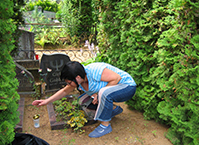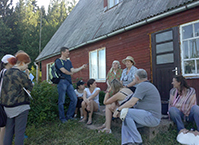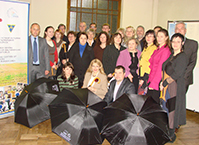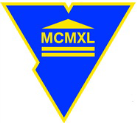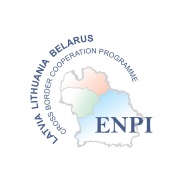Do you observe fasting in your family nowadays and what is fasting related to in such a physical, spiritual meaning?
Categories: Dagnija Bramane
Since my family is Catholic, we do observe Catholic traditions, including the fast. The traditional dishes of the fast usually include boiled potatoes, maybe with some linseed oil, or maybe with traditionally salted herring. And there are various cereals and porridges, too.
It is not that easy to cook porridge, is it? Are there any specific techniques in cooking porridge, because nowadays people are not even able to cook porridge properly?
The most usual porridge in the countryside is the barley porridge. To cook porridge does not mean only to pour water over grains and boil it, you can add potatoes, curds – everything that you think is all right. When we cook the barley porridge, we usually add grated potatoes. Then we also boil peas and other dishes that do not include meat. Then, in the end of the fast, there are the days when it is not allowed to have milk dishes either, then we usually have some grains or potatoes. Thus, we strictly observe all those traditions.
What are those traditions?
The tradition is that it is forbidden to have those particular meals and that a person is emotionally prepared for the moment of the festival and his organism is physically cleaned from various unnecessary substances. All these practices somehow make up that fasting tradition and that entire atmosphere.
Audio
Researcher: Dr. philol. Valentīns Lukaševičs, Daugavpils Universitāte


